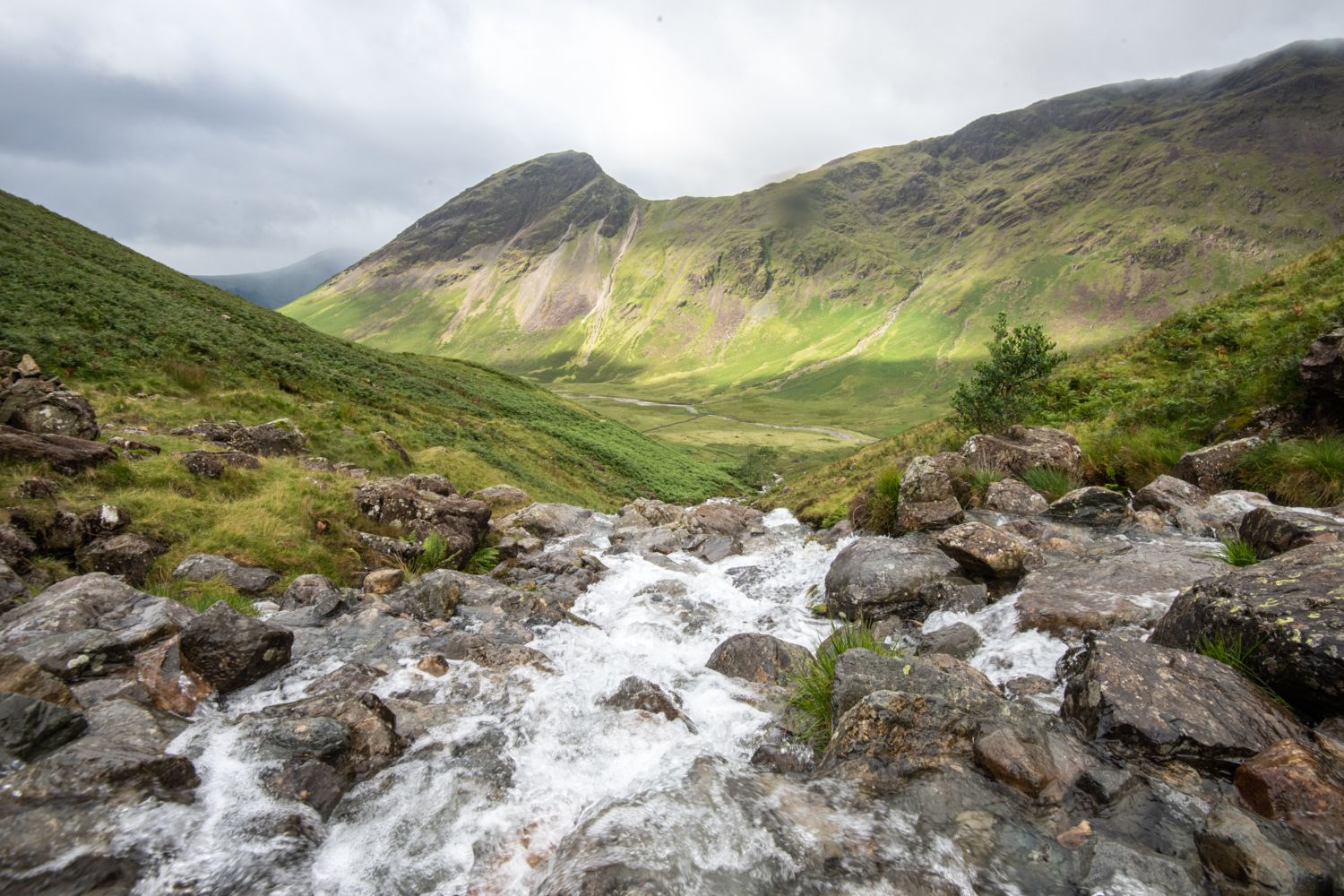The UK’s efforts to achieve net zero emissions by 2050 have been significantly boosted thanks to a £14.5 million investment by UK Research and Innovation (UKRI) and government partners.
This latest funding marks phase two of the Transforming Land Use for Net Zero, Nature and People programme (LUNZ).
It supports five ambitious research projects that aim to revolutionise agricultural practices, land use change and soil health in the pursuit of a more sustainable future.
The LUNZ research projects
The five projects receiving funding are:
The ‘to zero fifty’ greenhouse gas accounting living lab
Led by Professor Julie Ingram at the University of Gloucestershire
The ‘to zero fifty’ living lab will develop and evaluate a scalable, auditable farm and food level greenhouse gas accounting framework for UK land use to sustainably reduce emissions.
The project will engage stakeholders across policy and practice to foster net zero compliance and support sustainable agricultural transformation by:
- building capacity and net zero literacy
- testing sequestration predictions
- assessing validation methods
- exploring the governance and equitability implications of scaling
Just transformation of food-farming systems: reconciling net zero and other land-use ambitions (JUSTLANZ)
Led by Dr Richard Bradbury at the Royal Society for the Protection of Birds
The JUSTLANZ project explores how to achieve net zero justly while achieving and balancing priorities such as food production, biodiversity restoration and people’s needs in agricultural landscapes.
The research combines policy-driven land use scenario models, climate data and future visions from food-farming communities to co-create preferred scenarios that attempt to reconcile land-use demands.
Open evaluation of climate-resilient interventions for land management, soil health and net zero
Led by Professor Rachel Warren at the University of East Anglia
This research will create a validated, UK-wide, spatially explicit integrated modelling framework to evaluate potential net zero pathways.
It will extend the capability of OpenCLIM modelling framework, which was developed with previous UKRI funding.
This will be achieved by ground-truthing soil carbon and soil health using empirical data and by developing and trialling robotic monitoring for measuring and verifying soil carbon and health.
Grassland resilience for net zero: sustainable practices for shaping the future of UK land use
Led by Professor Angelina Sanderson Bellamy at the University of the West of England
This project aims to optimise grassland use through techniques like upland grazing, low-carbon forages and agroforestry.
The LUNZ grasslands initiative will offer innovation assessments, co-create adoption pathways and provide policy solutions through life cycle assessments scenario modelling and extensive stakeholder engagement.
As well as helping the UK achieve its mitigation goals, it also has the potential to help the UK save more than £1.6 billion annually.
Rapid engagement with stressed peatland environments and communities in transformation (RESPECT)
Led by Professor Jill Robbie at the University of Glasgow
RESPECT will generate tools in an effort to restore the 80% of UK peatlands that are currently damaged and deteriorating.
Through interdisciplinary data collection and the modelling and development of a peatland triage tool, it will provide decision-making support to those seeking to undertake peatland restoration, including:
- landowners
- land managers
- farmers
- crofters
Building a green future
The LUNZ programme is a £20.79 million transdisciplinary venture co-designed and co-funded by:
- UKRI
- Department for Environment, Food and Rural Affairs (Defra)
- Department for Energy Security and Net Zero
- Department of Agriculture, Environment and Rural Affairs
- Scottish Government
- Welsh Government
The LUNZ programme forms part of UKRI’s building a green future strategic theme.
The theme aims to accelerate the green economy by supporting research and innovation that unlocks solutions essential to achieving net zero in the UK by 2050.
Collaboration critical
Over the next three years, the five research projects will work in close collaboration with the LUNZ Hub to identify potential opportunities and drivers of change around land use.
The LUNZ Hub was announced in January 2024 and represents a £6.25 million investment by UKRI and partners.
Led by The James Hutton Institute and the University of Leicester, the hub is charged with equipping UK policymakers, industry, civil society and communities with the evidence needed to drive transformational change in land use.
Optimal routes to net zero
Professor Gideon Henderson, Director General for Science and Analysis and Chief Scientific Adviser at Defra, said:
Decarbonising agriculture and land use sectors is extremely challenging, and UK emissions have remained stubbornly high.
The Land Use for Net Zero programme, jointly funded by UKRI and Defra, will provide new evidence to help solve this problem and help Defra develop policy to achieve net zero goals.
I’m delighted to see today’s announcement of five research projects, which will join the recently launched programme hub.
These new projects will address important land types, from grassland to peatland, and provide exciting modelling to assess optimal routes towards net zero while still using our land to produce the food on which we all depend.
Commitment across four nations
Professor Anne Ferguson-Smith, Executive Chair of the Biotechnology and Biological Sciences Research Council, said:
This significant investment from UKRI and government partners across all four nations underscores our collective commitment to addressing the urgent challenges of climate change through innovative research.
Combined with the LUNZ Hub, the five projects selected for funding are poised to make substantial contributions towards transforming the UK’s land use practices, accelerating the bioeconomy and building a greener future for all.
Find out more
Top image: Looking south towards Yewbarrow from Black Sail Pass, Lake District. Credit: Rob Fraser, somewhere-nowhere.



